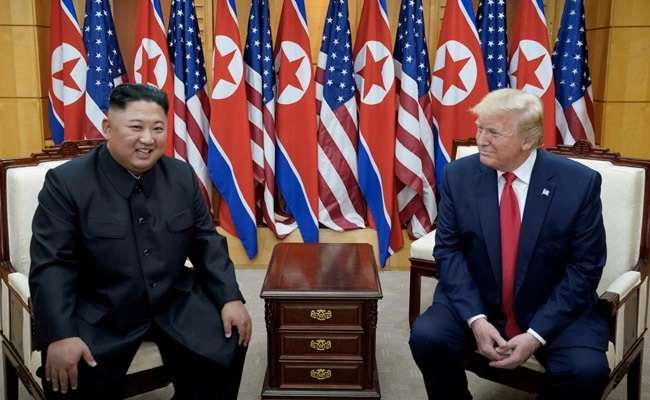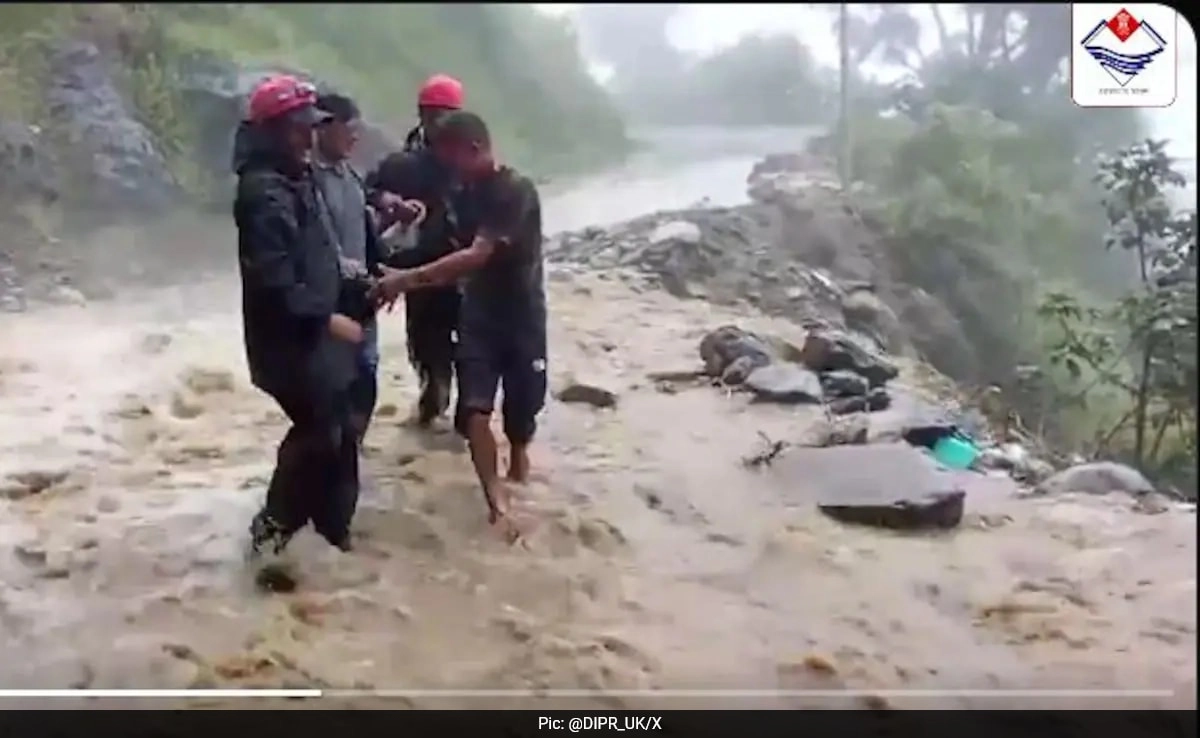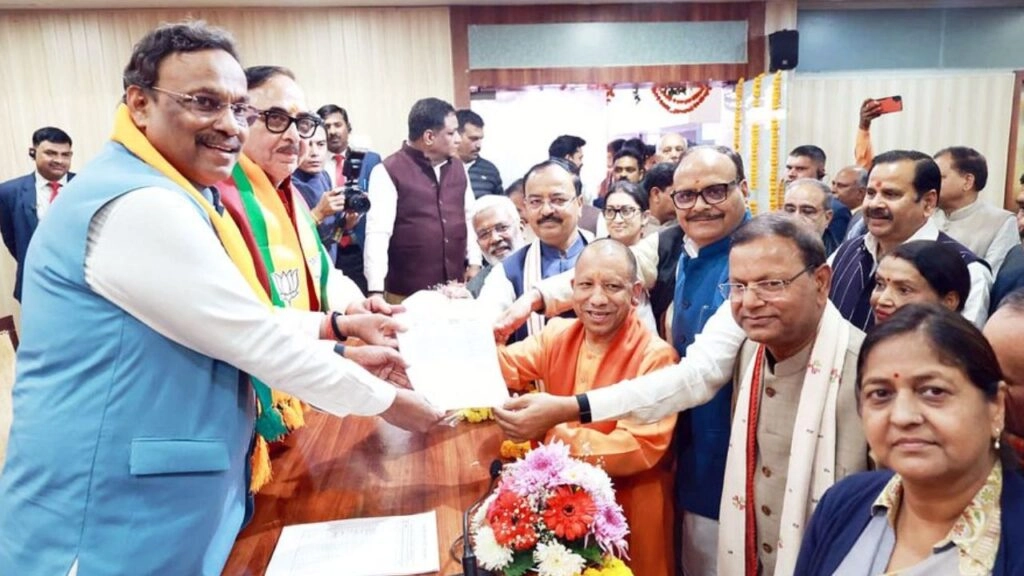In a recent statement, former President Donald Trump expressed his desire to meet North Korean leader Kim Jong Un within the current year. This announcement has sparked significant interest and debate, especially given the complex history between the United States and North Korea. Trump’s previous tenure was marked by unprecedented direct communication with Kim, including two historic summits in 2018 and 2019. These meetings, which aimed to address the North Korean nuclear program, were among the most notable moments of his presidency, showcasing a willingness to engage in diplomacy with a leader previously considered a pariah on the global stage.
Trump’s intention to rekindle this dialogue raises questions about the current state of U.S.-North Korea relations, which have remained relatively stagnant since his administration left office. The geopolitical landscape has shifted, with ongoing concerns regarding North Korea’s missile tests and nuclear ambitions. Observers are keen to understand what new strategies or approaches Trump might propose if he were to secure a meeting with Kim. The former president’s announcement comes amid ongoing discussions about re-establishing diplomatic ties and addressing security concerns in East Asia.
Critics of Trump’s approach argue that his previous engagements with Kim did not yield substantial results, particularly in terms of denuclearization. They caution that any renewed dialogue must be underpinned by clear objectives and a robust framework to ensure progress. Supporters, however, believe that Trump’s unconventional style of diplomacy could be beneficial in breaking the stalemate and achieving a breakthrough in negotiations. As the political landscape evolves, the potential for a meeting between Trump and Kim could have significant implications not only for U.S.-North Korea relations but also for broader regional stability.
Ultimately, Trump’s aspiration to meet with Kim Jong Un this year reflects the ongoing complexities of international diplomacy and the enduring challenges that come with negotiating with North Korea. Whether this meeting will materialize remains uncertain, but it undoubtedly underscores the importance of dialogue in addressing one of the most pressing security dilemmas of our time. As developments unfold, analysts and policymakers alike will be closely monitoring the situation, hoping for a pathway that leads to lasting peace and security in the region.




